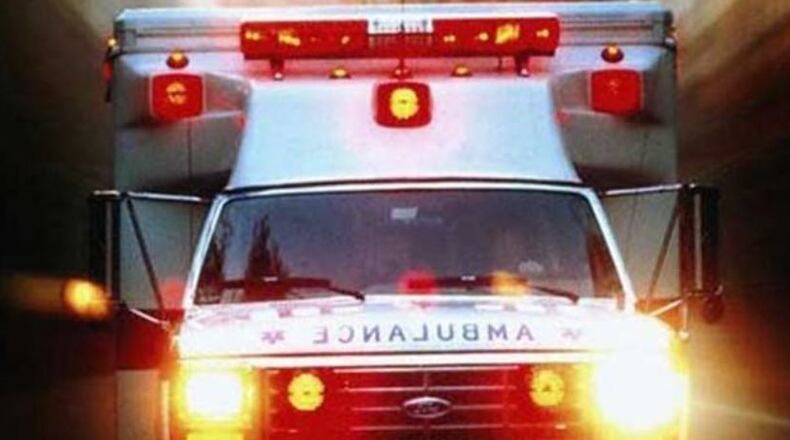Among the deaths, Ramon P. Rangel-Luna of Cincinnati was killed on his construction job in Reily Twp. on July 12 when the load line from a crane contacted an overhead power line. Two days later, David E. Robertson was repairing an apartment’s chimney in Hamilton when he contacted a power line while operating a portable articulating lift.
On July 19, an unidentified man was trimming a tree in the 1300 block of Hamilton’s Cleveland Avenue, using an aluminum ladder that slipped into a power line, knocking him 20 feet to the ground. He reportedly was flown by helicopter to Kettering Medical Center. The Montgomery County Coroner’s Office said it wasn’t sure whether it had handled a death of the unidentified man, or whether his incident was not fatal.
“Those fatalities just show you how dangerous it is,” said Bill Hudson, Hamilton’s assistant director of utility operations. “It’s a tragedy for three different families right there.”
“In reading these stories, and the accounts, these folks were just going about their business, doing what they normally do, and weren’t necessarily aware of just how dangerous this stuff is,” said Shayne Meadows, Hamilton’s environmental health and safety manager, who trains city employees on safety practices.
Those electric lines are very dangerous, Meadows said.
“Most of the time, power lines are not insulated,” he said. “They’re just open lines because they’re high enough off the ground that it’s not an issue.”
“It’s one thing when a bird or a squirrel runs across it, and it’s easy to become complacent with these things because they’re not grounded. But when you’re in equipment, or when you’re on a ladder or something like that, you’re making contact with the ground, so the current’s going to travel through you,” Meadows said.
More advice about being up near power lines: “In general, if they’re going to do anything that’s anywhere near a power line, they really shouldn’t have any type of lift or aerial-type of equipment within 10 feet of a power line,” Meadows said. “And for high-voltage lines, you should probably give yourself more clearance than that.”
Meadows also said it’s important to plan for the work.
“When you plan, we have our employees do job-safety analysis,” he said. “Before they’re going to do any work, they say, ‘What are the potential hazards we’re going to face, and how can we mitigate that?’”
Here are electric-safety tips from both Hamilton and Duke Energy:
- For safety, use a plastic ladder.
- Look up, and examine your surroundings for power lines before doing any outside work.
- When working with satellite dishes, make sure the distance from the power line is at least 1.5 times the dish's diameter. Better yet, be safe and leave it to a professional.
- When trimming trees that are in Hamilton public rights-of-way, people can contact the city or use its 311 link through its website to schedule crews to do the work. If it's on private parts of your property, the city can recommend companies.
- If you must do work yourself on your property and it's near power lines, you still can contact the utilities, which can either de-energize lines or isolate lines or "rubber them off" for safety. It's best to request that help, including by dialing 811, 48 hours in advance.
- If trees are growing into power lines, don't let kids climb in them.
- Never tamper with electric meters. It's dangerous and illegal.
- If a tree knocks down a line, assume it's a live wire, even if it's not arcing or sparking. Stay away and call (513) 785-7550. In an emergency, call 911.
- Also, don't plant trees below or close to power lines if they will grow into them or spread wide. Hamilton residents can contact city arborist David Bienemann at (513) 785-7556 or Dave.Bienemann@hamilton-oh.gov for free advice on what trees to plant, and how close, to avoid future problems.
- Dial 811 before you dig, because power, gas or water lines may be below ground.
- If someone has received a shock, and they may still be in contact with an electric source, "the last thing you want to do is try to pull them off of it because you can suffer a shock yourself," Meadows said. Instead, turn off the power source, and use a non-conductive material, such as wood, to knock them free.
- Extension or power cords should not have damaged insulation.
- Avoid running power cords through windows or doors, which will damage the cords' insulation.
- Don't fly kites near power lines.
- Water and electricity are a dangerous combination that can cause electrocution, so don't use electric appliances if there may be rain or there is dew on the ground.
- Keep electric appliances away from water.
- Don't pull the grounding pin (the third part of an electric plug) out of the plug, so it fits into an outlet.
About the Author
